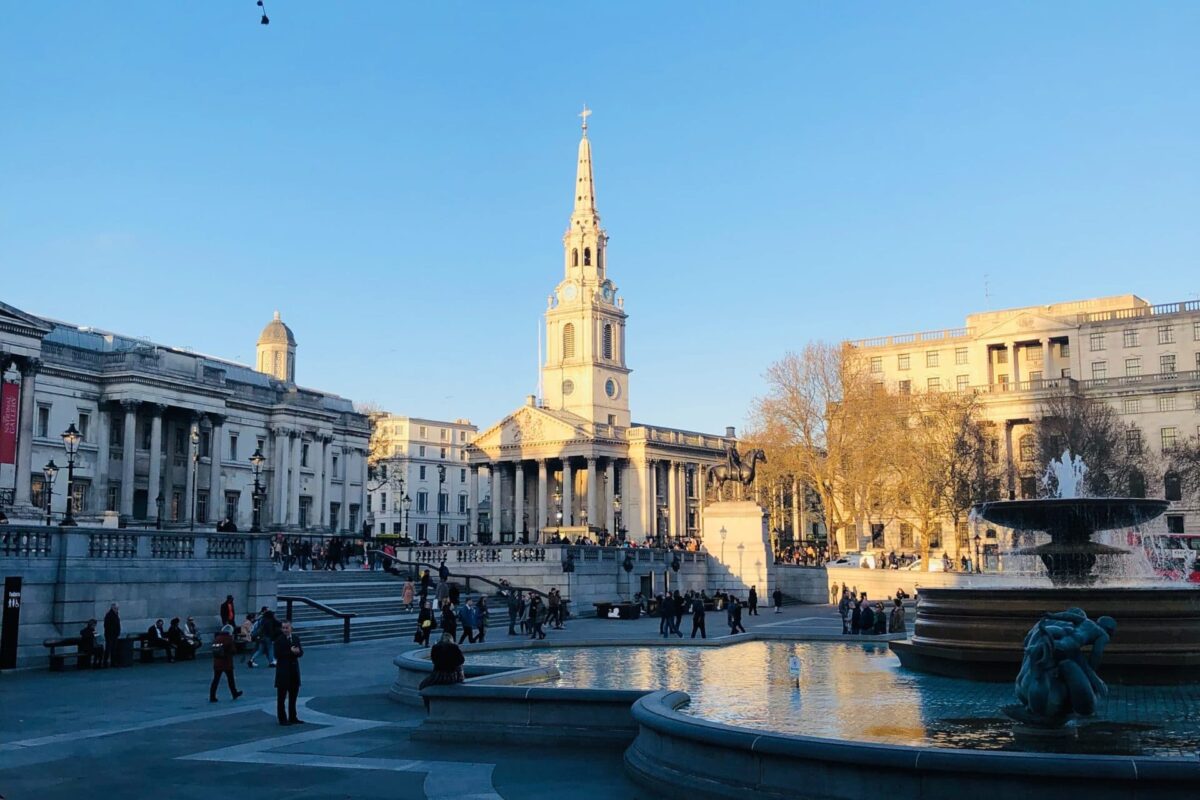In this week’s blog Fiona MacMillan, who is a General Synod member and leads the Disability Task Group at St Martin-in-the-fields, reflects on how disabled people experience greater marginalisation and disadvantage.
Disability, intersectionality & poverty
We each have names, descriptions, roles which relate to our sense of self, our way of being in the world. These affect how we see ourselves and how we are seen but also our power and influence. We see ourselves as complex beings made up of a combination of identity, experience, roles and relationships but often see others as a single identity.Yet none of us are just one thing.
Disabled people are no exception – we exist across the whole spectrum of identity and experience. We are black, brown and white; male, female and non-binary; neurotypical and neurodivergent; from every class and every educational background. But to be disabled is to have less agency and power than anyone else in those groups. We experience difficulty in taking part, being heard, doing things which many take for granted, often because of barriers which are invisible to others.
Intersectionality
Intersectionality is the idea that different identities can multiply to increase exclusion. It is rooted in the idea that there is a standard way of being in the world or in a culture, and that those who deviate from this standard way have less power, less opportunity. The term was coined by the US academic and lawyer Kimberle Crenshaw[1] to describe the multiple disadvantages affecting black women who find themselves excluded from a women’s movement run by white women and from the racial justice movement because of their gender. Intersectionality seeks to understand the experience of those living where different disadvantages meet, to show that privilege and marginalisation can occur in the same groups. It suggests that different forms of discrimination – such as racism, sexism, ableism – overlap and compound each other.
Disability and poverty
During this Disability History Month the Diocese of London is highlighting issues of well-being for disabled people. I’d like to draw attention to the particular intersection of disability and poverty.
There are 14.6 million disabled people in the UK – 9% of children, 21% of working age adults and 42% of pension age adults are disabled[2]. After housing costs, the proportion of working age disabled people living in poverty is 27%, compared to 19% non-disabled people.[3] Nearly half of all people living in poverty are disabled people or have a disabled member of the household. 4 million disabled people in the UK live in poverty, and 3 million more people live in a household with a disabled person.
The Joseph Rowntree Foundation has identified several drivers for disability poverty[4]:
- disabled people face higher costs of living
- there is a sizeable difference in the highest level of qualification between those who are disabled and those who are not: 19% of disabled adults have a degree or above, compared with 35% of non-disabled adults
- disability, ill-health and society’s response to these conditions often prevent people from working. For example, disabled people tend to earn less than their non-disabled counterparts even if they have the same qualification levels.
Higher costs
On average life costs £583 more a month if you’re disabled although for some it can be much higher, more than £1000pcm. This disability poverty premium is described in detail in Disability Price Tag report by the charity Scope.[5] It also showed that disabled people pay more to access regular gifts or services or for specialist goods or services, facing higher costs for energy, transport, clothes or insurance.
The Social Metrics Commission found that while the government count additional disability-related income (particularly Disability Living Allowance or PIP) in calculating income levels they fail to include the additional disability-related costs for which these payments are given.[6] This may account for failure to address the disproportionate numbers of disabled people living in poverty and in deep poverty.[7]
The intersection of disability and poverty is a social justice issue hidden in plain sight. Much of this research predates both the pandemic and the current cost of living crisis and things will not have become any easier. As the church looks for ways to support our communities may we be mindful of the additional barriers faced by disabled people.

The Diocese of London is committed to enabling greater belonging and participation for disabled people in the life and ministry of the church. Visit our Disability Ministry webpages for more information.
